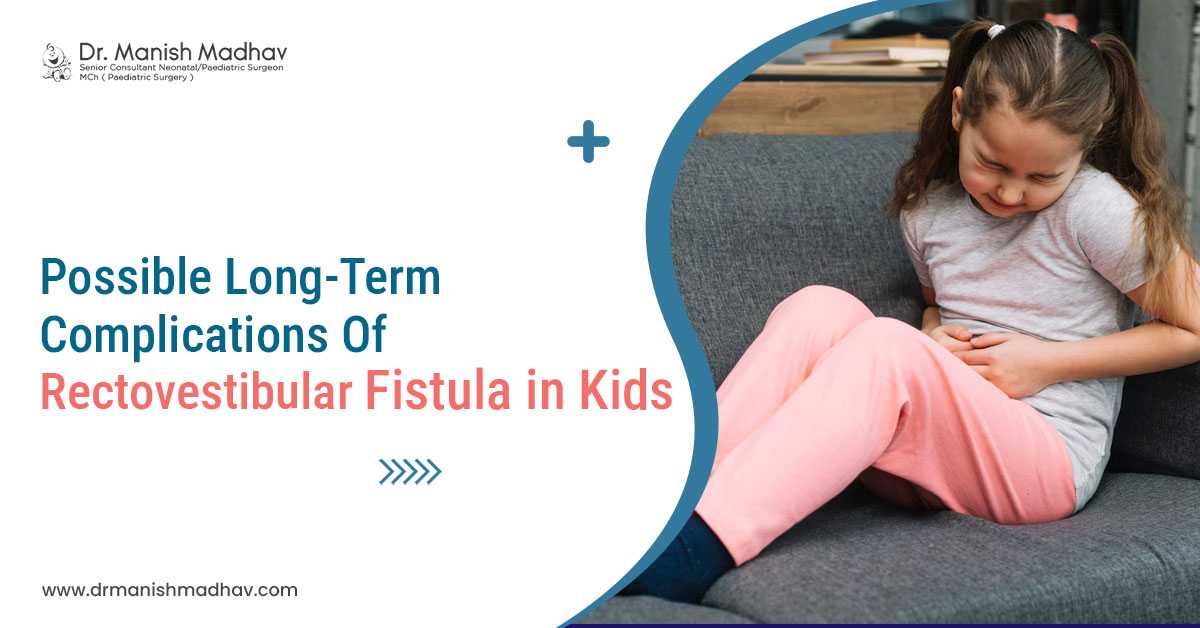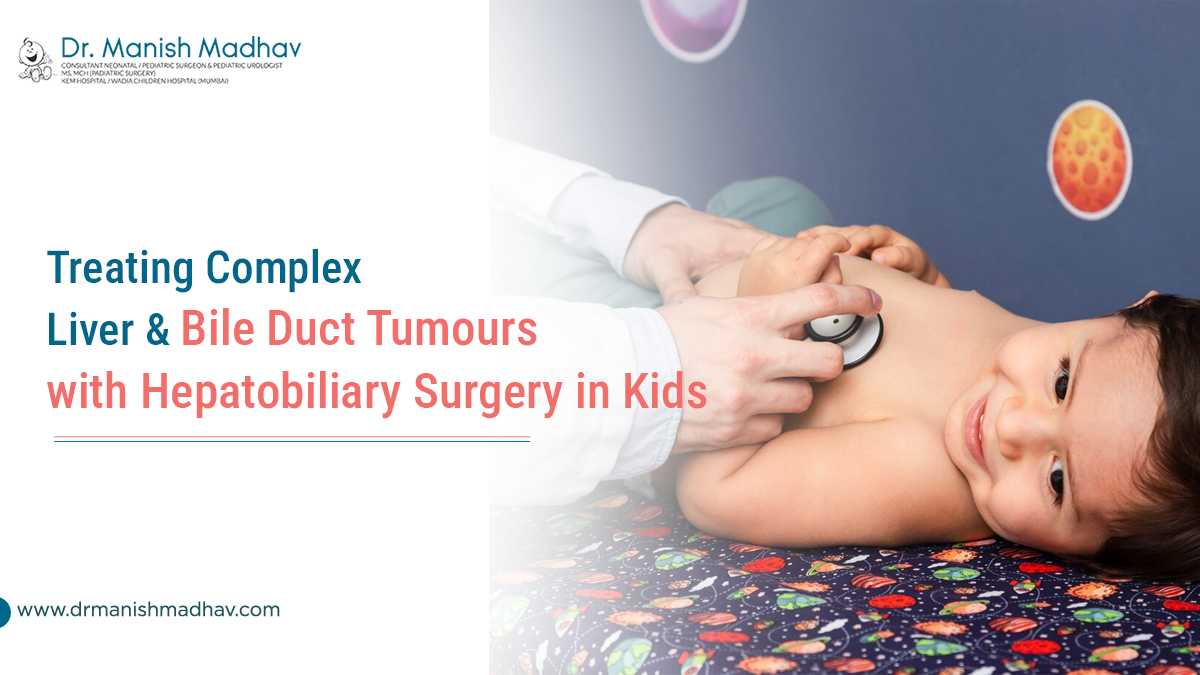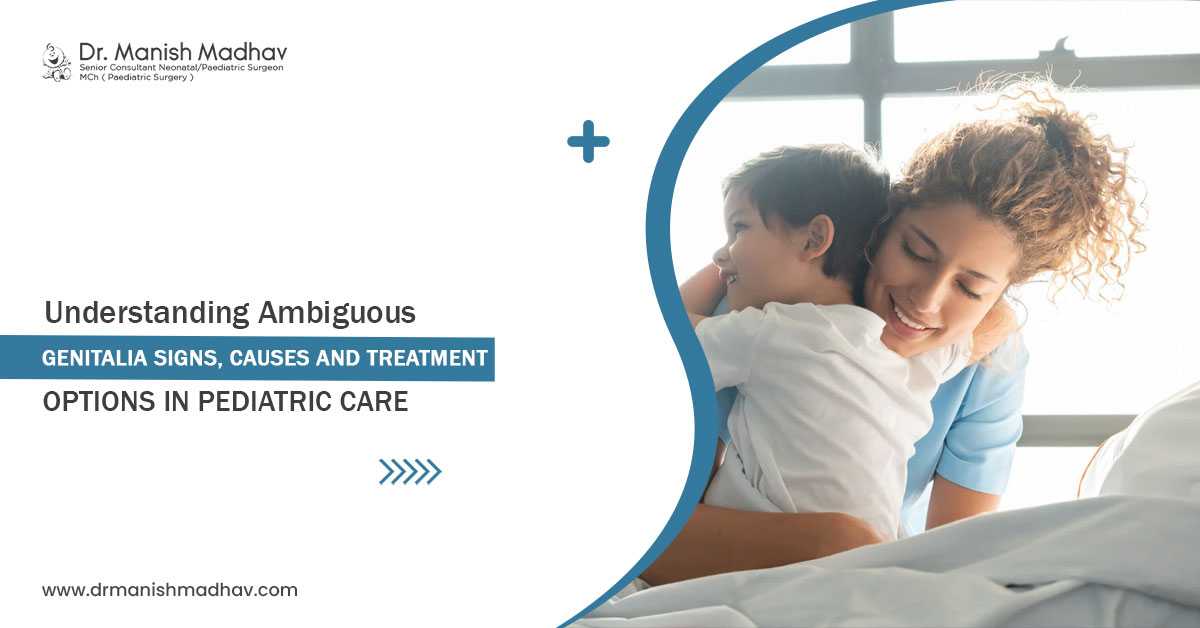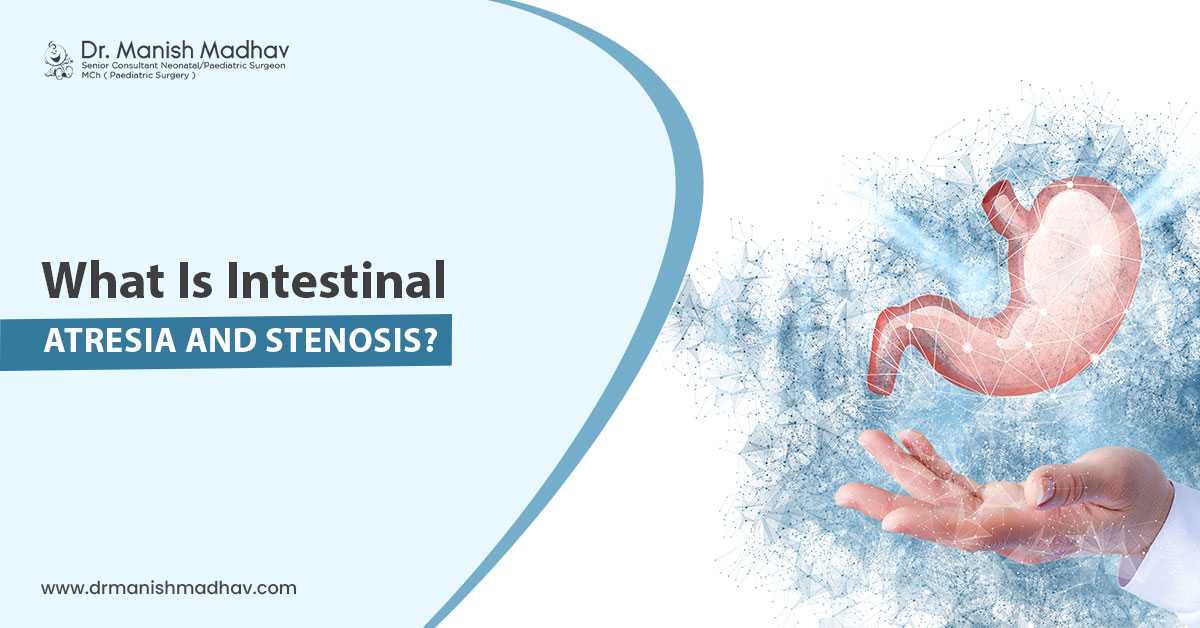Intestinal Atresia and Stenosis is a type of health condition assigned at birth that refers to the blockages in the intestines. This type of disease mostly occurs among babies whose intestines have not been developed properly. There are numerous doctors that offer intestinal Atresia treatment in Siliguri helping your child to recover from this disease.
The intestines are one of the major organs of the human body that play a very important role in the digestive system. The intestine helps to absorb the nutrients from the food to fulfil the needs of our body. However, in some of the baby, the intestines are not able to absorb all the nutrients due to intestinal diseases. In this blog, we will understand what intestinal Atresia and Stenosis along with their causes and treatments.
What is Intestinal Atresia and Stenosis?
Intestinal Atresia and Stenosis are both a common form of intestinal disease that occurs in newborns and infants. Intestinal Atresia also known as Small Intestine Atresia (SIA) is a type of disease in which the small intestines of the baby have a complete blockage or in some cases interruptions that prevent it from absorbing all the necessary nutrients from the food that affects the proper development of their body. Similarly, Small Intestine Stenosis (SIS) mostly occurs when the passage of the small intestine gets narrow.
While there are differences in both of the diseases, they have the same type of health complications. You may also consult with doctors who can help to provide the best Intestinal Atresia treatment for your child. These intestinal diseases prevent from proper flow of food through the digestive tract and also cause interruptions in the flow of waste to the large intestines. These are types of diseases that are mostly assigned to the child by birth due to inheritance from family members.
Types of Intestinal Atresia
There are various types of intestinal Atresia that occur among children based on the location and types of blockages within the intestines.
Pyloric Atresia
This is a type of intestinal Atresia that mostly occurs due to blockages or obstruction in the pylorus, the passage that connects small intestines with the stomach. This type of Atresia is very rare and mostly occurs by inheritance. This condition leads to a bloated stomach causing swelling in the abdominal area.
Duodenal Atresia
Duodenal Atresia is another type of Atresia that refers to the blockages in the duodenum. Babies born prematurely have high tendencies to have this condition. Approximately 33% of the babies born with Duodenal Atresia seem to have abnormalities related to the heart and intestinal tract.
Jejunoileal Atresia
In these conditions, the babies have blockages or interruptions in the middle part of the small intestines. This prevents the proper absorption of vital nutrients from the food which may affect the overall development of the baby. In most of the cases, babies suffering from this condition die during the process of fetal development.
Colonic Atresia
This is the rare form of Atresia that accounts for 15% of the total intestinal Atresia cases. During this condition, the colon or the large intestine is completely blocked causing swelling in the abdominal areas. In some cases, the colon is missing from the body of the baby.
Causes of Intestinal Atresia
Intestinal Atresia is a birth defect that mostly occurs in babies before their birth due to which in most severe cases it might lead to the death of the baby. It affects the formation of intestines causing serious complications to the health of the baby in the fetus. Although there is no exact cause of Intestinal Atresia, there are a few factors that are associated with the primary cause of it.
Low blood flow
Lack of proper supply of blood in the fetus is also known to be the main cause of Intestinal Atresia. The low blood supply damages the tissues leading to blockages and malformations of the intestines in the body of the baby.
Genetics
According to studies it has found out that in most cases Intestinal Atresia are mostly caused due to inheritance. Therefore it is necessary to undergo genetic testing to determine any possible chances of Intestinal Atresia in the babies.
Medication side effects
During pregnancy, the mother needs to take various forms of medications. Side effects from these medications may also increase the risk of Intestinal Atresia.
Treatment
Intestinal Atresia is one of the most critical forms of child disease that can lead to poor development of the baby and in some cases may lead to the death of the baby. However, it may be treated and surgery is the one and only way to treat the condition. During the surgery, your doctor might surgically remove the affected and blocked part of the intestine and connect it with the healthier part of the body. In some cases, the doctor might need to remove the total intestine from the body and replace it with a healthy one.
Intestinal Atresia is a rare disease which if left unnoticed can lead to the death of the babies during the development stages of the baby. Fortunately, there are few paediatric surgeons that offer the best Intestinal Atresia treatment in Siliguri allowing your baby to completely heal from the disorders. it is crucial to consult with your doctor on a regular basis which might help to determine any type of deformities in the bay followed by effective treatments.




